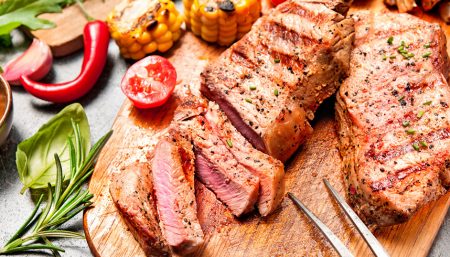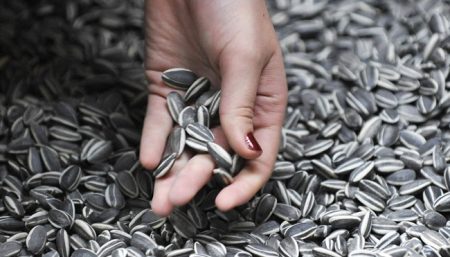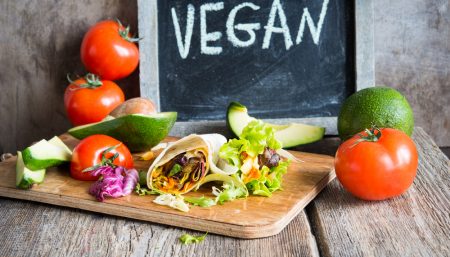
According to a new Finnish study published in Science Daily on use of supplements essential for vegans. Some vegans who participated in the study followed a balanced diet, while others had dietary deficiencies. Typical deficiencies were an unbalanced use of protein sources, a low intake of berries, fruits and nuts, as well as failure to use nutrient fortified food products. The majority, however, used vitamin B12 and D supplements and calcium-fortified drinks as recommended.
In the study, the diet of the vegan group was exclusively limited to plant-based foods, and their intake of legumes, tofu and soy flour was higher than the control group’s, but no other significant differences were observed. Nutrient supplements were used by 91% of the vegan group and 78% of the control group. Vitamin B12 supplementation was used by 91% of the vegan group, vitamin D supplementation by 77%, and the majority also used calcium-fortified drinks.
The vitamin B12 concentrations of the vegan group were within the reference values, as were the values of the control group. The serum vitamin D concentrations were below the reference values in 24% of the vegan group and in 6% of the control group. Vegans also had lower concentrations of beta-carotene, selenium, iodine and the essential EPA and DHA fatty acids. All in all, however, vegans had higher polyunsaturated fatty acid concentrations and lower saturated fatty acid concentrations than the control group. In addition, the concentrations of soy polyphenols were high in vegans.
The median concentration of iodine in urine was below the recommended levels in both groups.

According to nutrition recommendations, a vegan diet should involve a balanced, daily intake of
- whole grain products
- legumes
- seeds and nuts
- vegetables
- fruits
- berries
- unsaturated fats.
In addition, vegans should consume calcium-fortified drinks and use vitamin B12, vitamin D and iodine supplements to complement their diet.
Another positive aspect of vegan diet has been proved by a new study published in Proceedings of the National Academy of Sciences which says, that widespread adoption of vegetarian or vegan diets could save millions of lives and trillions of dollars by 2050.Transitioning toward more plant-based diets that are in line with standard dietary guidelines could reduce global mortality by 6-10% and food-related greenhouse gas emissions by 29-70% compared with a reference scenario in 2050.
Its high time to start making simple changes in our everyday diet.
References:
Disclaimer
The Content is not intended to be a substitute for professional medical advice, diagnosis, or treatment. Always seek the advice of your physician or other qualified health provider with any questions you may have regarding a medical condition.



